United States Supreme Court Justice John Paul Stevens, who served on the highest court for 34 years after building a distinguished legal career in Chicago, announced his retirement on April 9.
Stevens grew up in the Hyde Park neighborhood of Chicago, where his family lived near the corner of 58th Street and Kenwood Avenue, adjacent to the University of Chicago campus. He attended the University of Chicago Laboratory Schools from elementary grades through high school. He then attended the University of Chicago, where he studied English literature, joined the Psi Upsilon fraternity, played tennis, served as head class marshal and graduated Phi Beta Kappa.
While at the University, Stevens served as board chairman and managing editor of the Daily Maroon, the student-run newspaper. The 1941 edition of the campus yearbook Cap and Gown credited Stevens for the newspaper's "slightly better-than-average year." The yearbook noted, "Using new type face, more cuts and larger headlines, Stevens adapted them artistically to make the paper at least look more readable than it has in five years."
Stevens studied poetry at the University with Norman Maclean, PhD'40, author of the novella A River Runs Through It. According to a 2002 University of Chicago Magazine article, Stevens originally hoped to become a Shakespeare scholar after graduation, but while still in college he took a Navy course in cryptography and changed his plans. He joined the Navy in intelligence on Dec. 6, 1941, the day before the bombing of Pearl Harbor. Stevens served as a code breaker in the Pacific during World War II, earning a Bronze Star.
After the war, Stevens settled on a career in law and attended Northwestern University Law School. He clerked for Supreme Court Justice Wiley Rutledge and then returned to private practice in Chicago. His expertise was in antirust law, which he taught at Northwestern before becoming a lecturer in law at the University of Chicago Law School, where he taught classes during the 1954-55 school year and in the summer of 1958. At the Law School he developed his interest in interdisciplinary studies, co-teaching a course in competition and monopoly with economist Aaron Director.
Stevens' public career reached a new level in 1969, when he served as counsel to a state committee investigating allegations of bribery on the Illinois Supreme Court. In 1970, Stevens was appointed to serve on the U.S. Court of Appeals for the Seventh Circuit, followed by his nomination to the Supreme Court in 1975 by President Gerald Ford.
The Supreme Court nomination came at the recommendation of U.S. Attorney General Edward Levi, previously the dean of the University of Chicago Law School and president of the University, who was familiar with Stevens' moderate outlook and anti-corruption reputation in Illinois. At the outset, Stevens' legal views placed him in the Court's moderate center, but later he tended to side with the Court's more liberal justices.
The University of Chicago Alumni Association awarded Stevens its 2002 Alumni Medal, the organization's highest honor. Ed Siskel, JD'00, who clerked for Stevens at the Supreme Court, wrote in 2002 that the award "recognized that [Stevens] embodies the best the University has to offer: 'reflection on the true good,' commitment to public service and independent thinking."
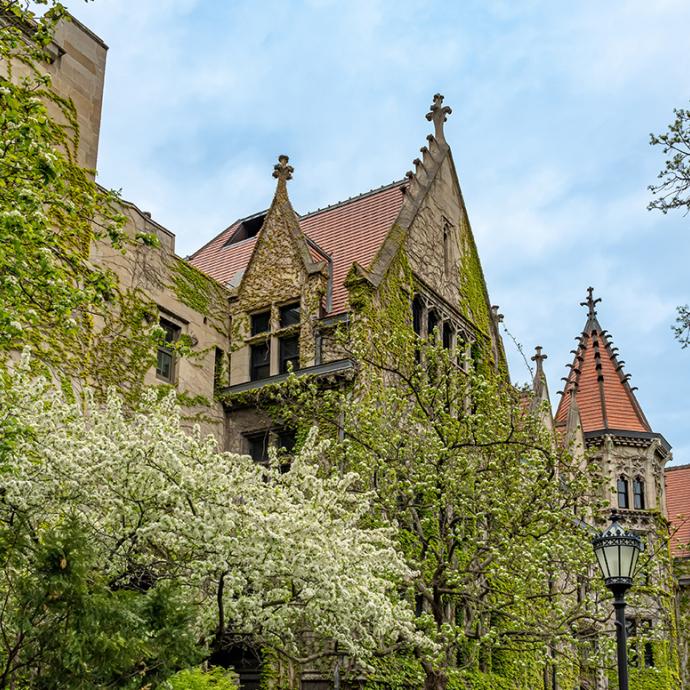

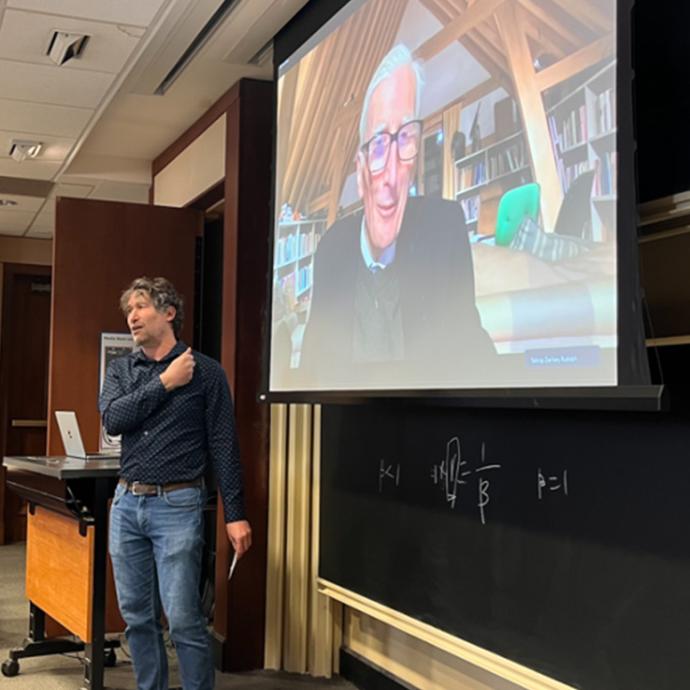
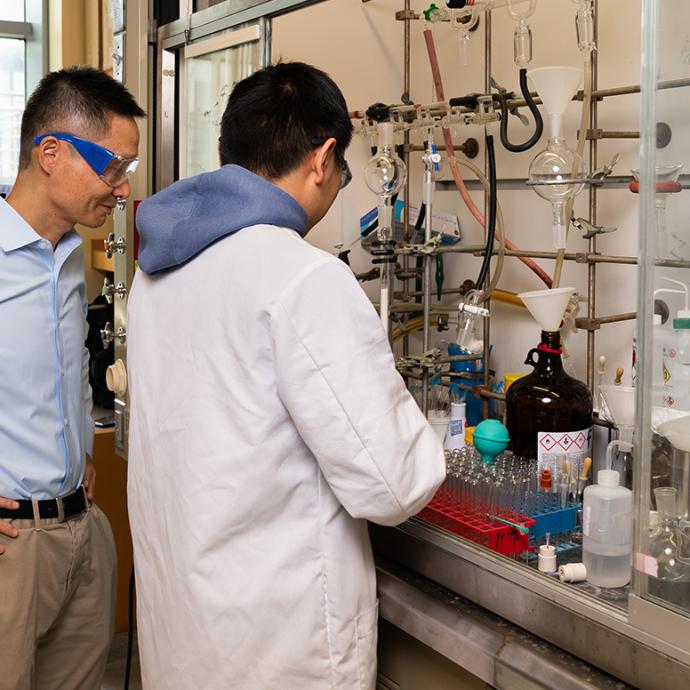

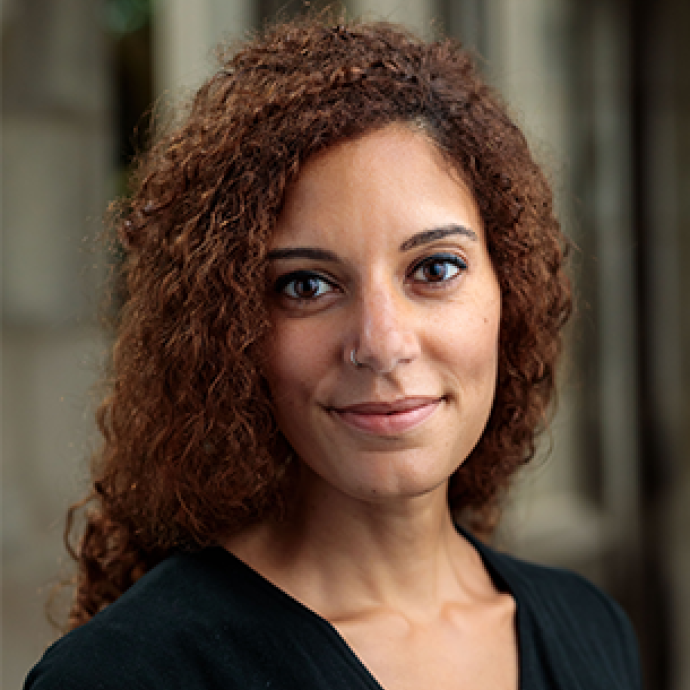
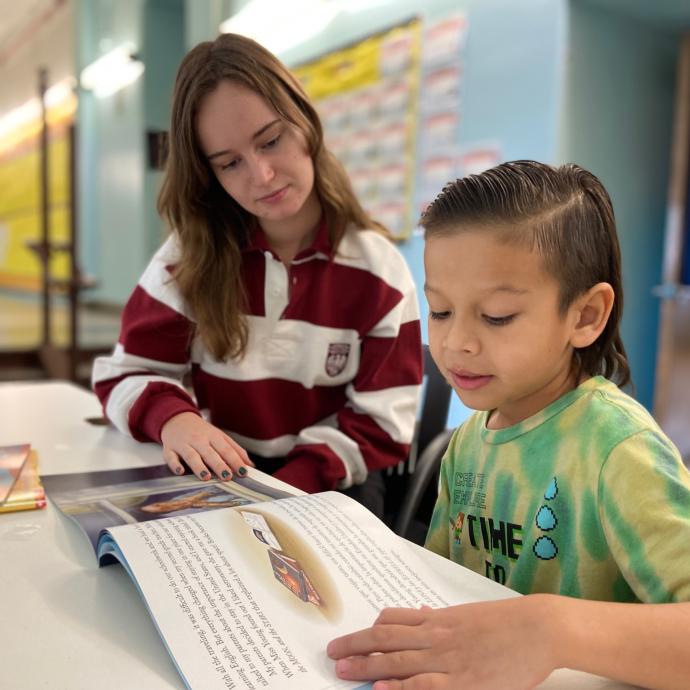



 —Prof. Chuan He
—Prof. Chuan He
